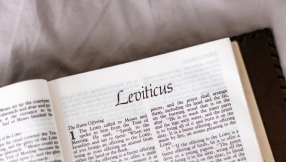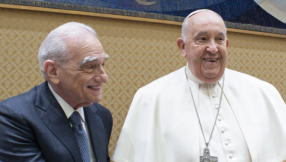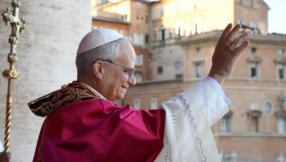South Africa Churches Refuse to Conduct Gay 'Marriages'
|PIC1|The national leadership of the Anglican Church, along with the provincial offices of the Catholic Church, Baptist Church and Presbyterian Church, all said that their clergies are not permitted to officiate or bless gay unions, according to the South African newspaper Cape Argus.
Meanwhile, the Methodist Church is wrestling with 19 of its ministers in Cape Town, South Africa over whether to conduct civil unions. The group of ministers is seeking to change the denomination's current policy of banning gay "marriages" in its churches, reported Ecumenical News International.
Although same-sex unions are legal in South Africa, the Civil Union Act allows for a religious institution to submit a letter to Home Affairs Minister Nosiviwe Mapisa-Nqakula explaining the reason why they do not want to officiate gay "marriages."
"We have informed the government that we are not in a position to bless civil unions and have made it open and clear to the government and our congregation about our policy," said Bishop David Beetge, dean of the Anglican Church of the Province of Southern Africa, according to Cape Argus.
Other church heads gave reasons for their ban on civil unions as "contrary to scripture."
"Everybody is welcome at the church irrespective of their background or creed. However, on the topic of gay marriages, we cannot condone it, as God has sanctioned marriage as a heterosexual relationship between a natural man and a natural woman," said the Rev. Brian Wood of the Cape Town Baptist Church.
Last year, South Africa became the first country in Africa and only the fifth in the world to legalise same-sex "marriages." The Bill was highly opposed by many Christian groups in and outside of South Africa which denounced the law as violating the sanctity of marriage. Homosexuality is highly unpopular in most of Africa and is illegal in Zimbabwe, Kenya, Uganda, Nigeria, Tanzania, Ghana and most other sub-Saharan countries.
Other countries that allow gay unions are Denmark, Canada, Belgium, the Netherlands and Spain.













